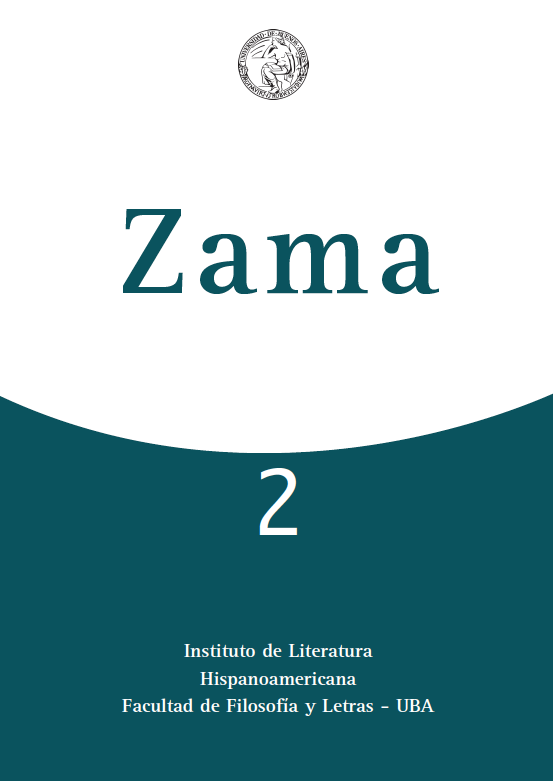Un botánico en el matadero: Auguste de Saint-Hilaire en la Banda Oriental
Abstract
Between 1816 and 1822 the French botanist Auguste de Saint-Hilaire travelled widely in Brazil, closely studying the tropical flora, and, at the same time, taking particular interest in the social and cultural situations of local populations. He thus collected a vast number of observations which he later developed into detailed travel narratives. On the last and longest of his journeys, he reached the province of Rio Grande do Sul, and the territory known as the “Banda Oriental” (today Uruguay). In both these regions, of a more temperate climate, he censured the predomi-nance of a cattle-bound economy and the widespread consumption of beef, and analysed the psy-chological effects of an excessive familiarity with the spectacle of cattle-slaughter. Certain com-ments in his travel journal on particularly colourful scenes denote a marked cultural breach, but they also allow one to glimpse, behind the overt censuring, rejection and indeed horror, a hidden fascination, which would somehow be responding to the ancient and complex symbolic relationship between human beings and animal flesh.Downloads
Download data is not yet available.
How to Cite
Bernabé, J.-P. (1). Un botánico en el matadero: Auguste de Saint-Hilaire en la Banda Oriental. Zama. Revista Del Instituto De Literatura Hispanoamericana, 2(2). https://doi.org/10.34096/zama.a2.n2.5060
Issue
Section
Artículos












